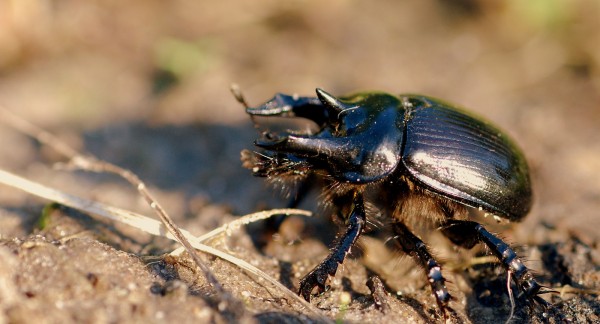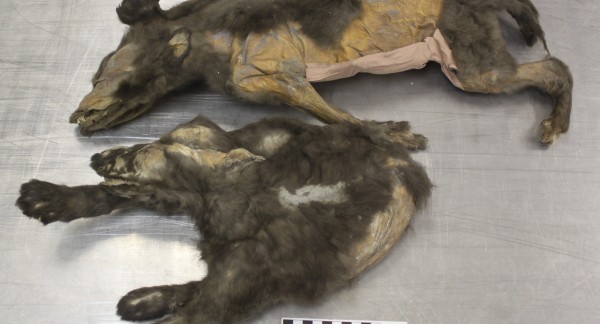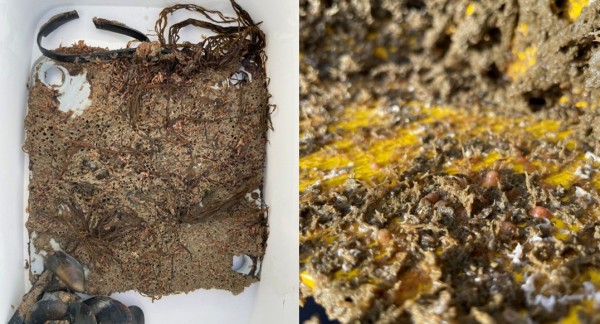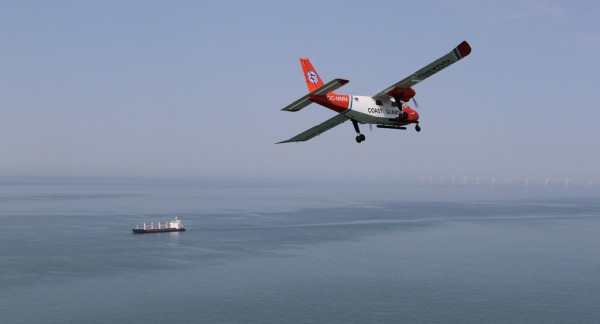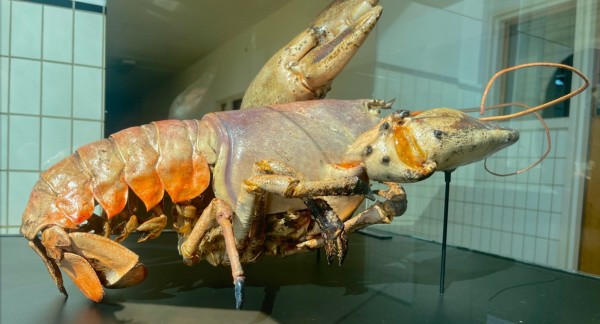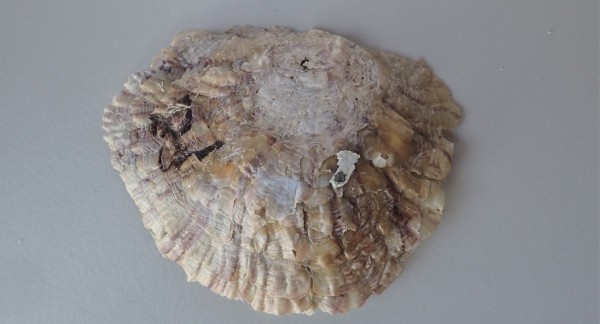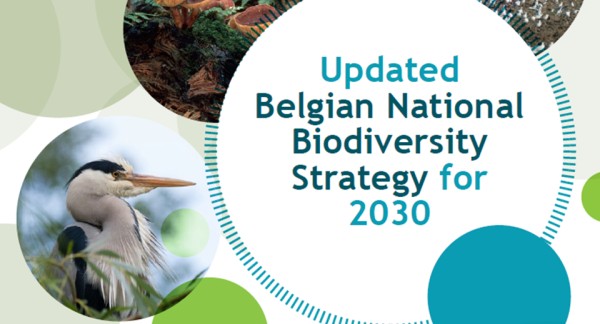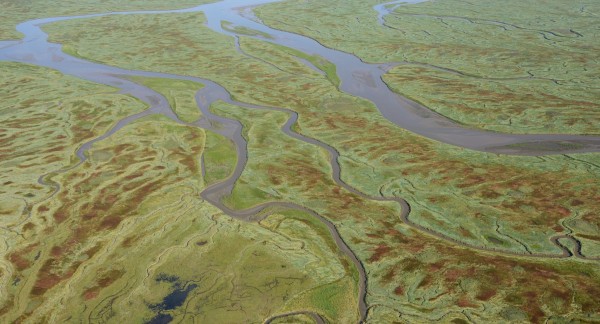Aktuelles
New Inventory Confirms Great Beetle Richness in Belgium
19/06/2025
Belgium is home to no fewer than 4,672 beetle species. That’s the conclusion of a new checklist. “There are newcomers, such as many species of sap beetles, but also species that have become locally extinct—mainly whirligig beetles and dung beetles,” says entomologist Wouter Dekoninck.
Famous Ice Age ‘puppies’ likely wolf pups and not dogs
18/06/2025
Small eaters, big impact: suspension feeders reshape the food web in offshore wind farms
11/06/2025
The fauna that colonizes offshore wind turbines influences the marine food web. In particular, the increase in suspension feeders helps to transfer carbon more quickly and directly into the food web.
North Sea aerial surveillance in 2024
21/05/2025
In 2024, the Coast Guard aircraft again documented cases of marine and air pollution from ships. Other activities included flights in the context of broader maritime surveillance, international operations and marine mammal counts.
"Check, Clean, Dry" - Curbing biological invasions in our inland waters
16/05/2025
As part of the fight against biological invasions in Belgium, the "Check – Clean – Dry" campaign aims at raising awareness among users of freshwater ecosystems about biosecurity.
Giant lobster Wesley lives on in our collections
14/05/2025
At ninety years old, Wesley was the oldest lobster in our country. He took a long journey, from the coast of Nova Scotia in Canada to a restaurant in Blankenberge, and through Sea Life to our natural sciences collections. Taxidermy gave him a new life.
The European Flat oyster, back from (never?) being gone?
08/05/2025
Due to overfishing, pollution and diseases, the European flat oyster almost completely disappeared from our country. Today there are signs that the species has begun a cautious recovery.
Belgium takes next step in the fight for biodiversity
25/04/2025
Belgium has taken another important step in the fight against biodiversity loss by officially adopting its National Biodiversity Strategy for 2025-2030, the reference framework for Belgian government actions in favour of nature for the next six years.
Dense vegetation makes saltmarshes more vulnerable to sea level rise
17/04/2025
Saltmarshes are among nature’s best defenses against rising sea levels. New research shows that dense vegetation on saltmarshes makes them more vulnerable to sea level rise because the vegetation hinders sediment transport.
Marine Strategy for a sustainable and resilient North Sea
26/03/2025
The updated Belgian Marine Strategy has been published. The document provides a thorough assessment of the state of the marine environment in the Belgian North Sea.
